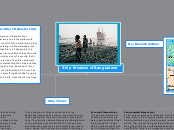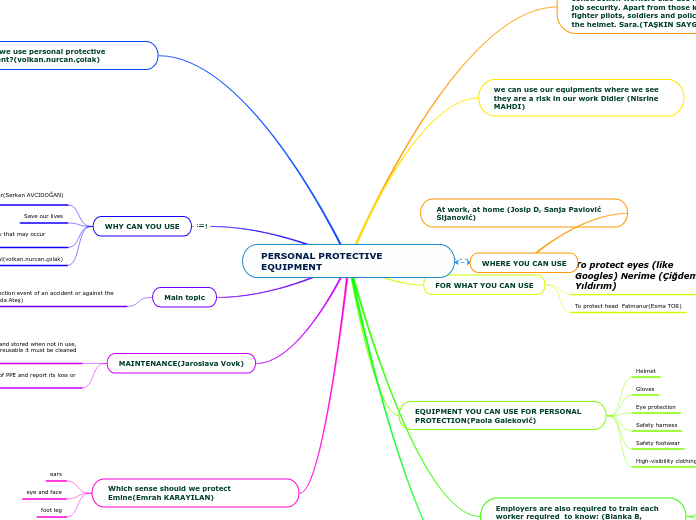по Shawn Hughes 8 лет назад
361
Ship Breakers of Bangladesh Organizer Brooklin deBoer
The film aims to shed light on the ship-breaking industry in Bangladesh, highlighting the harsh realities faced by workers in a low-income country. It underscores the environmental hazards posed by toxins entering waterways and the lack of safety measures for laborers who earn less than a dollar a day.









